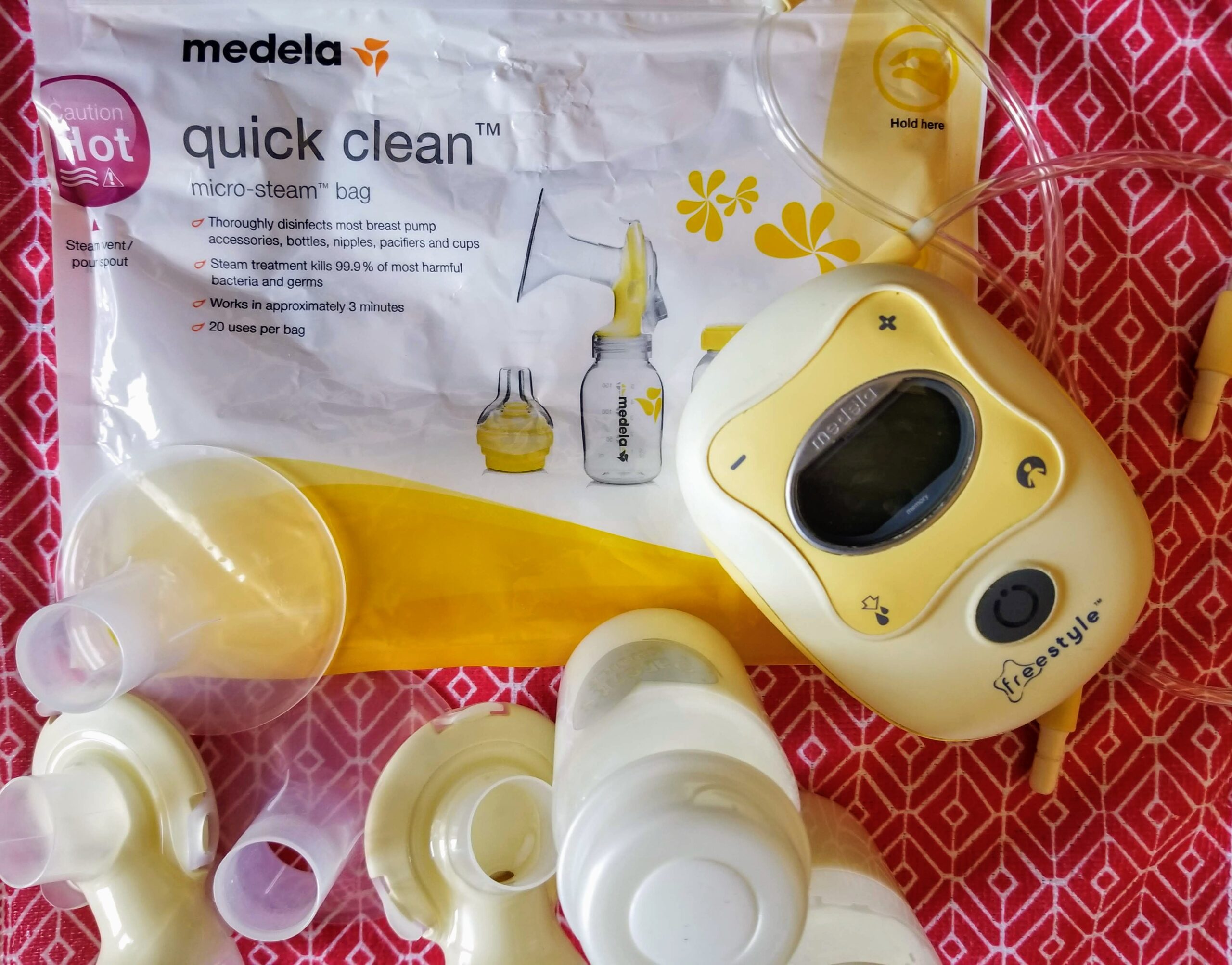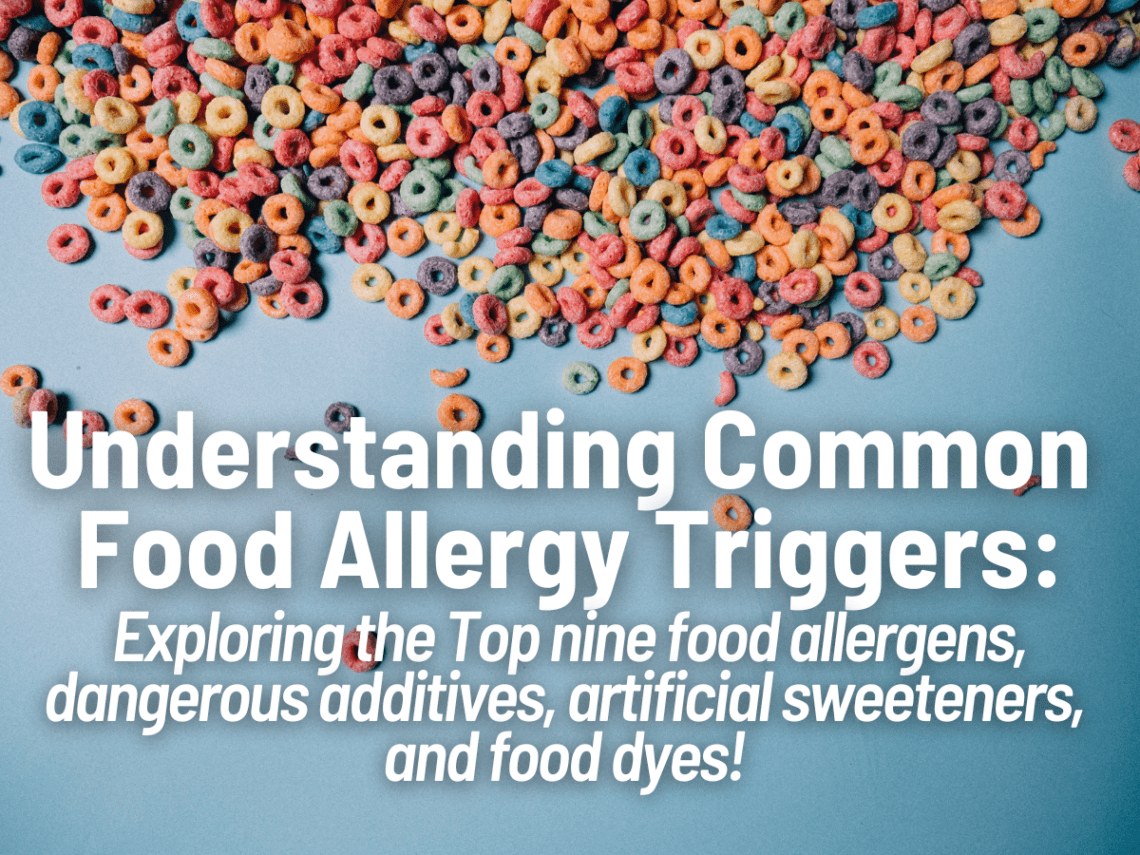AsAs a breastfeeding mom, sore, cracked, and sometimes bleeding nipples have become quite common. Lactation specialists often attribute nipple pain to the baby latching to the nipple improperly, but there is a very common infection that may be the actual issue. Oral Thrush is a common infection in the mouth of infants. It is caused by a yeast-like fungus, Candida albicans. It can affect the nipples of breastfeeding mothers, leading to irritation, soreness, and cracked nipples. Luckily thrush is treatable, but can easily be transferred back and forth if not properly handled.
From the moment Emory was born, our breastfeeding journey together has been quite enjoyable. She latches properly and is exclusively breastfed. She’s a solid and chunky 21 pound, healthy baby girl. Although there have been no latch issues, I’ve found that nipple irritation is something I’m constantly experiencing. After voicing my concerns to Emory’s pediatrician, she informed me that the cause of my nipple pain was oral thrush. One note to take into consideration for us personally was Emory’s food allergies. At the time of the diagnosis, we were unaware of her allergies to wheat, nuts, eggs, dairy, and soy.
Given the fact that Emory is exclusively breastfed the bulk of the allergens she came into contact with were from my breastmilk. This led me to rethink and change my entire diet to ensure it was free of those allergens. After a few months of removing those allergens from my diet, I noticed a decrease in the occurrences of oral thrush. It’s important to take into account all of the many things that could be causing reoccurring cases of oral thrush, especially if your child is over the age of one. Factors like malnutrition or poor dental care could also be reasons for oral thrush in older children.
Read on to learn more about the causes, symptoms, and methods to treat Oral Thrush.
WHAT CAUSES ORAL THRUSH?
A small amount of the Candida fungus lives in the mouth most of the time. It is usually kept in check by the immune system and other types of germs that also normally live in the mouth. However, when the immune system is weaker, the fungus can grow, leading to sores and lesions in the mouth and on the tongue.
Oral thrush may occur in babies because their immune systems have not yet matured. They are less able to resist infection. An oral thrush infection can happen after treatment with antibiotics because antibiotics reduce the levels of healthy bacteria in the mouth. This allows the fungus to proliferate.
Studies have also attempted to tie oral thrush to diet. Stating that diets high in dairy and yeast increase the rate of which thrush may appear in an exclusively breastfed child. Although this has not been proven, I am working to decrease my carb intake in the new year. I love cupcakes, cookies, and pies.
SYMPTOMS OF ORAL THRUSH
As my husband and I weren’t familiar with thrush we assumed the tiny white spots in Emory’s mouth were breast milk stains. Be on the lookout for tiny white patches on the roof of the mouth, inside the cheeks, and on the tongue. They may appear like milk stains, but can’t be wiped away. The patches may be painful and cause your baby pain while nursing. Contact your pediatrician immediately if you notice any of these symptoms. A few telltale signs are itchy, red nipples, and deep breast pain. Ibuprofen helps with the stabbing pain, but treating it with the suggested yeast fighting medication is the best tool!
TREATMENTS FOR ORAL THRUSH
DIY
Depending on how severe the infection is apple cider vinegar (1 part acv/3 parts water) is a great DIY remedy. For less severe outbreaks, gently swab your babies mouth with an ACV soaked q-tip, a few times a day. If your nipples are chapped or cracked, apply a small amount after each feeding to decrease the amount of bacteria.
I’ve found that applying anti-fungal products like Lotrimin to the nipples after they’ve been cleaned helps combat the itching and burning that often accompanies thrush. Just make sure to remove if from the nipples (swab with olive oil) before nursing and/or pumping.
PRESCRIPTION
Typically a pediatrician will prescribe your child the recommended medication to combat oral thrush. My OBGYN has always handled my prescription requests.
Nystatin (liquid) is generally prescribed to fight oral thrush in babies. While the Nystatin cream is used to relieve nipple irritation. Honestly, we’ve found Nystatin ineffective. Leading to constant reoccurring outbreaks.
Diflucan has worked much better for us. Diflucan in its liquid form was prescribed for Emory. I was administered a single dose in pill form. Unlike the Nystatin, which is to be swabbed on the infected area, the Diflucan is to be ingested. Check with your pediatrician to determine if this option is right for you and baby.
It is important that all items that come in contact with infected skin be properly and frequently sterilized. Pacifiers, bottles, nipples, and pump parts should be sterilized using boiled water after each use. I love the Quick Clean Micro‑Steam Bags from Medela.
Nursing bras and burp clothes should be washed in hot water.
Lastly, make sure you’re properly washing your (& baby’s) hands. Improper care when changing soiled diapers and applying diaper rash ointment can lead to the spreading of oral thrush.




Levi had this very early on. The full in Pediatrician prescribed Nystatin. Mind you it was waaayyy too much for his little tummy and he wound up losing weight cause he either lost his appetite or everything would come right back out. Luckily we didnt use it for long.
I completely agree. Emory experienced her first bout of oral thrush around 4 months, and was prescribed the liquid Nystatin by her pediatrician. The Pediatrician left out the important instructions that the liquid should be SWABBED via q-tip on the infected areas vs. ingesting. Our local pharmacist had to inform us of this KEY detail after we’d already administered it via syringe. The DIY treatment of ACV paired with the proper sterilization of your pump parts and nursing bras really seemed to help. Our most recent flare up was treated with diflucan and thus far we have been oral thrush free.
Has Levi or Charlie had any flare ups since then? Did you discard any of your milk that may have contained the fungus?
Charlie was pretty much a formula baby so we never really dealt with thrush with him, but so far since that one time with Levi we haven’t had it any more.
That’s good.